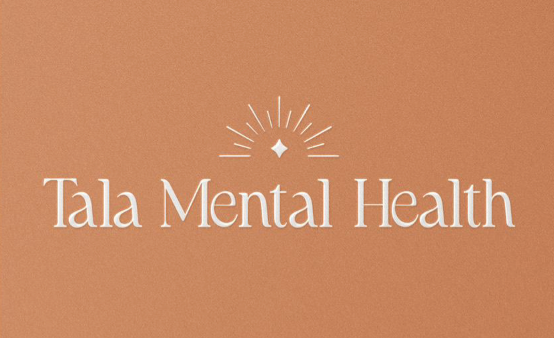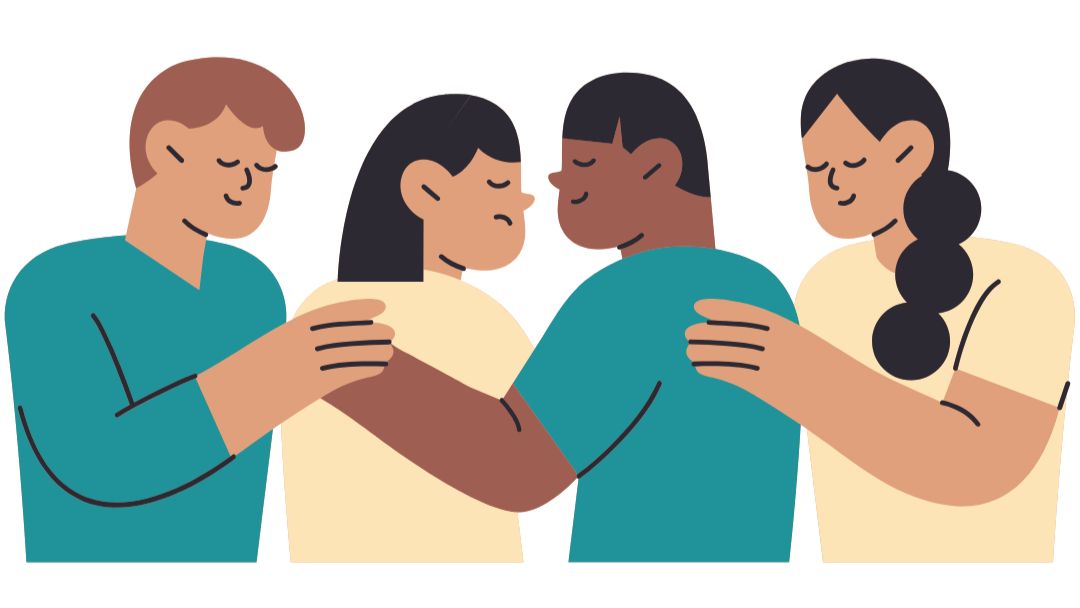Anxious Predictions
Anxious predictions are our overestimation of something bad happening + the underestimation of our ability to handle it. When we have anxious predictions, we often engage in either 1) avoidance behaviors or 2) safety-seeking behaviors.
Avoidance behaviors are simply staying away from the situation altogether.
Safety-seeking behaviors are unnecessary precautions to help us better confront the situation, which provides short-term relief by trying to ensure as little risk as possible.
For example, if my anxious prediction is: “No one will want to talk to me or hang out with me at this event, I’ll just embarrass myself.”
I might 1) not attend the social event at all (avoidance behaviors) or 2) attend the event but make secondary plans, only attend for the first 30 mins, prepare a distraction like a book or phone game (safety-seeking behaviors)
To disrupt our anxious predictions, try the following:
- Identify the predictions (What am I expecting will happen? What conclusions am I jumping to?)
- Seek evidence (What facts prove my prediction right or wrong?)
- Focus on your strengths, skills and abilities (Are there positives about me or the situation that I’m ignoring?)
- Reassess (What’s a more realistic prediction or thought about this situation?)
Written by: Elaine Raif, ASW 11237

We are excited to announce that we are now accepting AETNA insurance. Start by contacting us for a consultation and we can help you understand your benefits.
Enjoyed this message?
feel free to share it by clicking below



